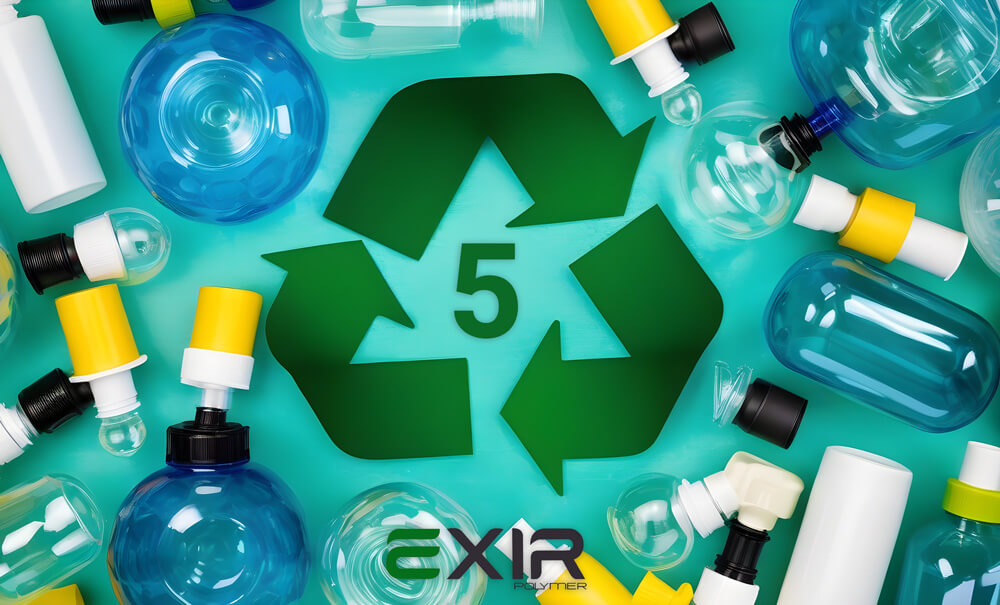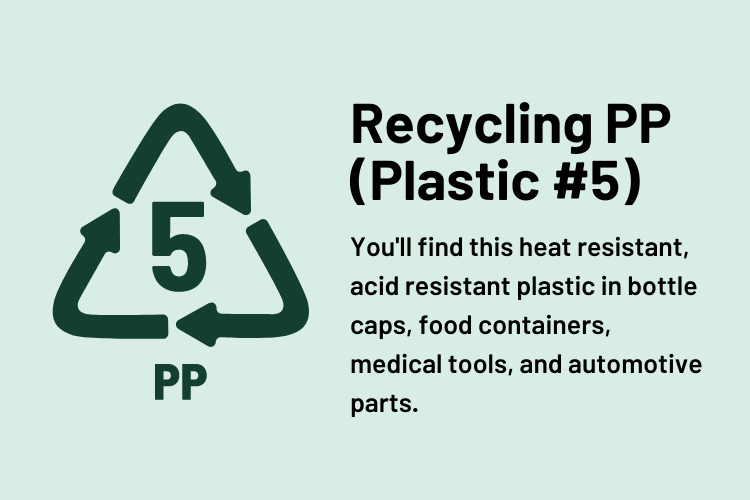Recycling PP: A Key to Reducing Plastic Waste
Recycling PP: A Key to Reducing Plastic Waste
Blog Article
As sustainability becomes a vital focus world wide, the limelight is on what industries may decrease environmental impacts. Polypropylene (PP), one of the most frequently used materials, has gained significant attention because possible in the round economy. With growing issues about plastic waste, PP recycle solutions are emerging as a encouraging avenue for achieving sustainability targets and reducing environmental footprints.

Polypropylene is popular across numerous industries, from presentation to automotive areas, due to its flexibility, energy, and cost-effectiveness. Nevertheless, the persistence of PP in landfills and oceans poses a major environmental challenge. Luckily, innovations in recycling systems are giving new opportunities to recycle PP more proficiently and effectively.
One of the very most significant developments in PP recycling is the increase in mechanical recycling processes. Mechanical recycling involves breaking down plastic spend into little particles, which will then be reprocessed into new products. This approach supplies a more energy-efficient substitute in comparison to conventional plastic production. PP could be recycled numerous situations, reducing the need for virgin product extraction and reducing the overall carbon footprint.
As well as physical recycling, compound recycling systems are getting traction. Chemical recycling requires breaking down materials within their foundation substances, which is often recycled to create new plastic products. This approach enables the recycling of contaminated or blended plastic waste that will otherwise be non-recyclable through conventional methods. As chemical recycling technologies improve, they might revolutionize the way PP is processed and recycled, rendering it a key person in the continuing future of plastic waste management.
The raising give attention to PP recycling can also be operating innovations in product design. Businesses are developing PP products and services which can be easier to sell by using monomaterial packaging, removing hazardous chemicals, and marketing patterns that facilitate the recycling process. Collaboration across industries is vital to ensuring that PP products are recyclable right away and may be effortlessly prepared by the end of the living cycle.
Furthermore, consumer understanding and behavior enjoy a substantial role in the achievement of PP recycling. With growing need for sustainable products and services, more individuals and companies are using measures to ensure PP spend is disposed of correctly. Training campaigns and motivation programs can inspire greater recycling methods and help close the trap on PP waste.

Looking ahead, PP recycling solutions are poised to be at the forefront of sustainable spend management. As technologies improve and industries adopt more circular techniques, PP may continue being a valuable source, driving both environmental and economic benefits. The continuing future of sustainability knobs on innovations in recycling, and PP recycling alternatives may certainly enjoy a pivotal position in surrounding that future. Report this page